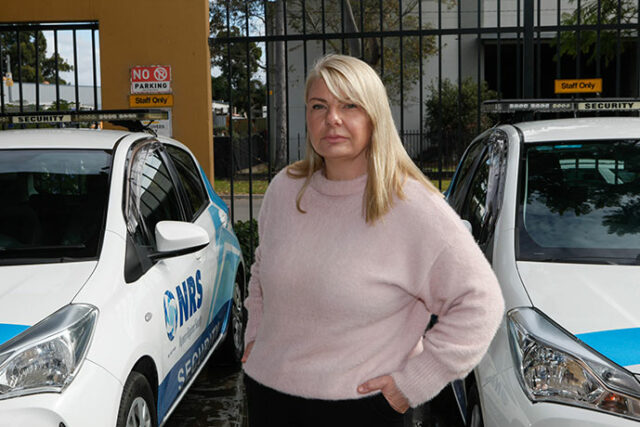Local businesses may hit clients with revised and increased costings as they work to deal with a rise in the national minimum wage.
The Fair Work Commission last week ruled that the national minimum wage will increase by 5.2 per cent and 4.6 per cent for award minimums.
With the cost-of-living increasing, many struggling workers are praising the decision, but some business owners say the flow-on impacts will create enormous headaches.
For Managing Director of Nepean Regional Security, Gina Field, the short time frame for the changes is causing her a “logistical nightmare”.
“I have pre-costed tenders and contracts for our security services with the provision of a consumer price index increase of around three per cent but there was no way I could foresee this 4.6 per cent,” Ms Field said.
“I may have to go back to all of my clients and try to increase the prices which can generate a contract variance so they can put it back out to market again.”
Acknowledging the pressures of everyday life, Ms Field said she would be looking at alternatives to provide for her staff.
“My business is all about manpower and I don’t want to lose my loyal team, so instead I have to review my internal processes to see where I can reduce costs,” she said.
“It could mean cutbacks like me purchasing less from local suppliers, which then creates a domino effect for other small businesses that we spend money with.”
Dealing with daily costs like expensive petrol, Ms Field said consumers should be prepared to pay more because of the wage rise.
“Employees are excited, and I do think they deserve it, but I don’t think some people realise that this may make things increase in price so that businesses can stay viable,” she said.
“A cup of coffee might go from $5 to $8, or you might need to wait longer for services because the owner can only afford to employ four staff members instead of five.”
Coming into effect from July 1, the minimum wage will go up by $40 per week to $812.60 per week or $21.38 per hour.
Minimum award wages above $869.60 per week will get a 4.6 per cent increase and below that amount will rise by $40.
For some awards in the aviation, hospitality and tourism industries, the change will happen from October 1.
The Australian Council of Social Service (ACOSS) said it welcomed the decision for workers.
“This approach recognises the particular challenges that workers on low incomes are facing with high inflation, with the lowest paid workers receiving an increase on par with the 5.1 per cent increase in the cost of living over the past year,” ACOSS Acting Chief Executive Officer, Edwina MacDonald said.
“Real wage rates have been stagnant for a decade now.”
Emily Feszczuk
A graduate of Western Sydney University, Emily covers Local, State and Federal politics for the Weekender, as well as crime and general news.

